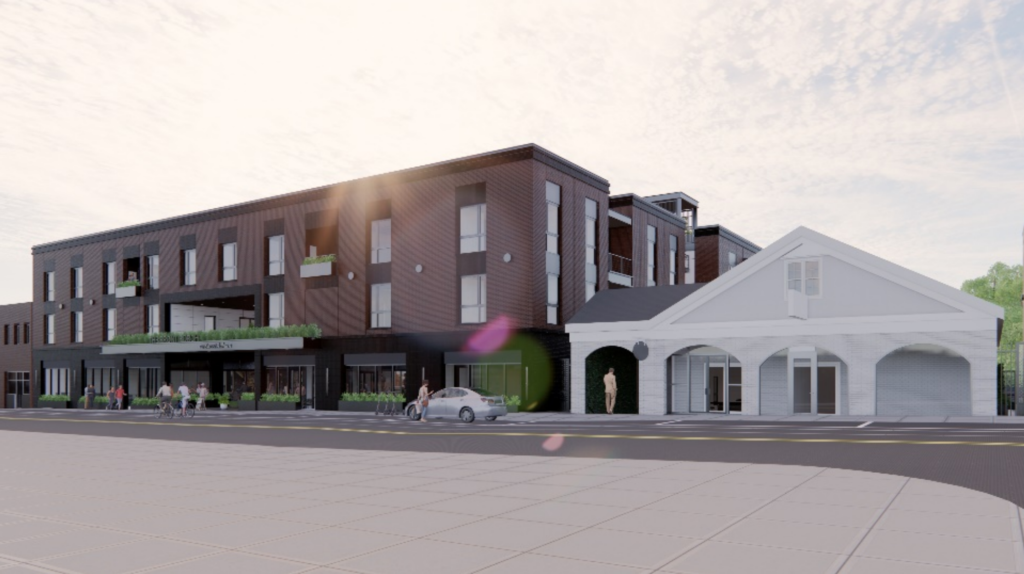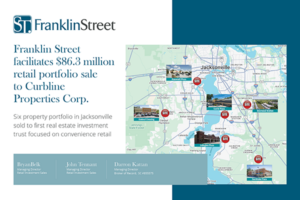“Atlanta, along with most of the Southeast, has benefited from fewer Covid-19 restrictions and generally being more ‘open for business’ than many other parts of the country,” said Kaitlyn Theriot, a leasing expert with Franklin Street, who represents landlords throughout the market.
Supply and demand fundamentals have remained positive in the Atlanta MSA, as leasing activity has outpaced the amount of new retail space being delivered. This allowed vacancy rates to drop to 4.5 percent at the end of last year. While the low vacancy rate creates an advantageous environment for landlords, it has created strong competition among tenants for quality spaces. However, as the retail market continues to evolve, there are sure to be some great opportunities for tenants in Atlanta.
“While vacancies will remain tight, we can expect to see tenants that have struggled over the last two to three years and are now at the end of their lease terms to be replaced with new, more resilient retail categories that better serve customers in the area,” said Franklin Street’s Sam Krueger, who works alongside Theriot to lease retail properties on behalf of owners.
…
Atlanta’s retail market will continue to operate with limited vacancy, however, big-box closures and shrinking footprints will create some advantageous availabilities throughout the year. While the new developments will add options for tenants, retailers should expect to pay a premium for newly developed space, as inflation and supply chain shortages continue to drive up construction costs.
“Rents will remain consistent and demand is going to continue to increase as competitors in multiple sectors of retail start opening locations in the Southeast. Vacancies will remain limited, which will create a demand for new developments but also create competitive lease terms giving landlords more options as to who fills their spaces,” said Franklin Street’s Jessica Branch, who specializes in tenant representation. “We anticipate a lot of new-to-market users to source and open locations in the next 12-24 months due to demand drivers in Atlanta.”




